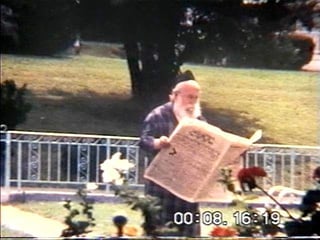Are there any works that discuss the permissibility of reading secular newspapers on a weekday? The Ketzos HaShulchan (Badei HaShulchan 107:43) holds that it's forbidden:
Other [i.e. not Torah] newspapers in our generation are pretty much all against G-d and His anointed and are full of dirty jokes, heresy, and atheism, unfortunately, and even on a weekday it is forbidden to read them. Even if someone only wants to read the news part brought in the newspapers, it's still forbidden, lest he continue to read the other bad parts ... [Someone who reads them] transgresses "Don't turn to the idols" and strengthens his yetzer hara against himself ... Many people stumble in this area because they don't impart to themselves the enormity of the prohibition; someone who cares about his soul should distance himself from them, because these newspapers have made many dead fall.
Shmiras Shabbas KeHilchasah (second edition, ch. 21 note 117) quotes this source, and doesn't bring a dissenting view.
The common practice seems to be to read newspapers. I was wondering if there was a discussion of this in the modern responsa. (It's said that the Netziv would read the newspaper on Shabbas, but his position isn't clear. We don't know his exact reasoning. I'm looking for modern decisors who specifically speak about the issue — and aren't just quoted as having read it or say it as a side point. That way, I can see their reasoning, et cetera.)
Someone already asked about Reading a newspaper on Shabbat but I'm asking about weekdays.

